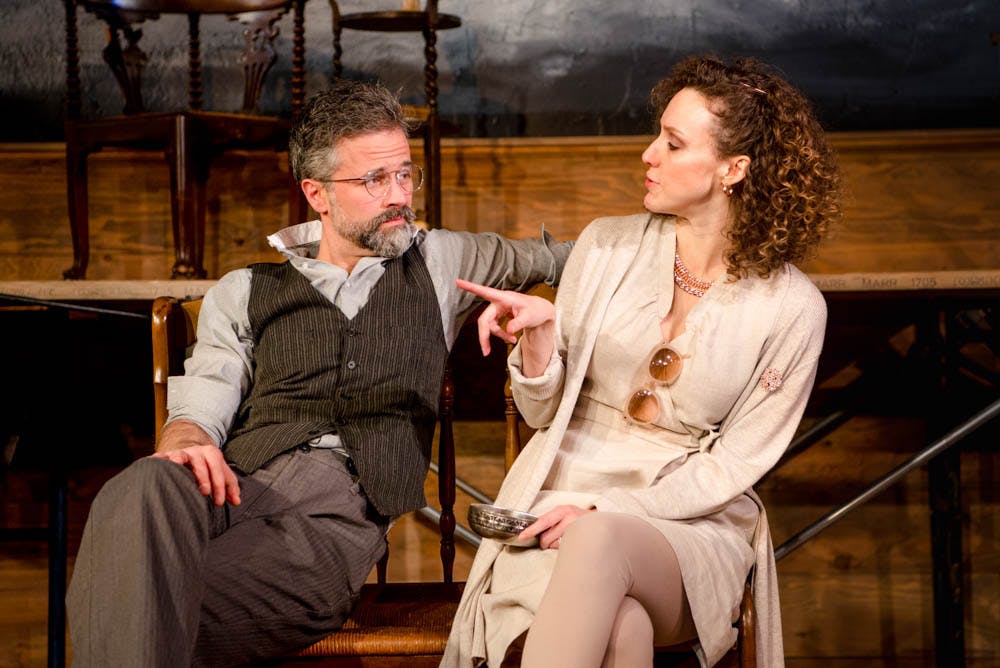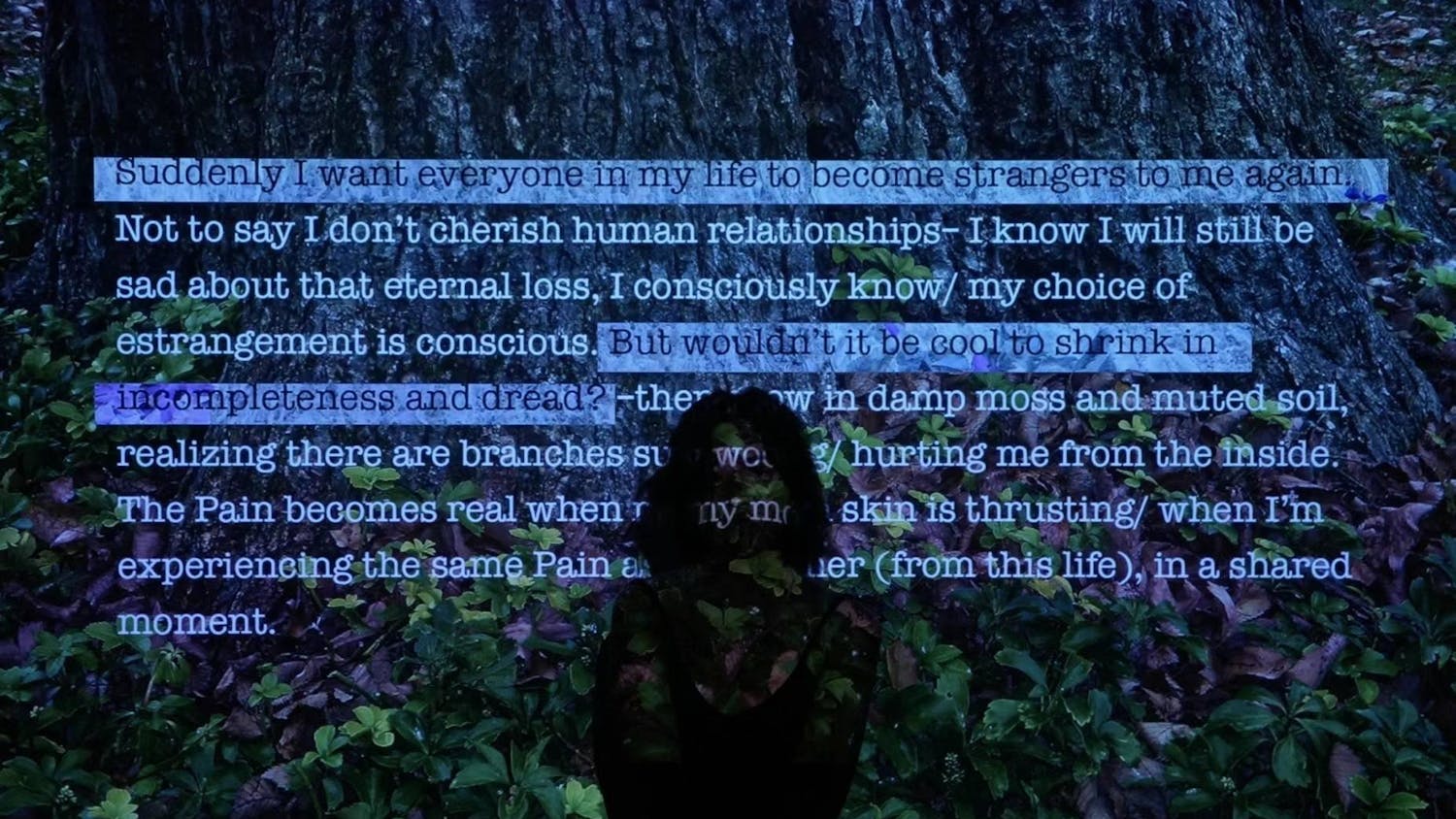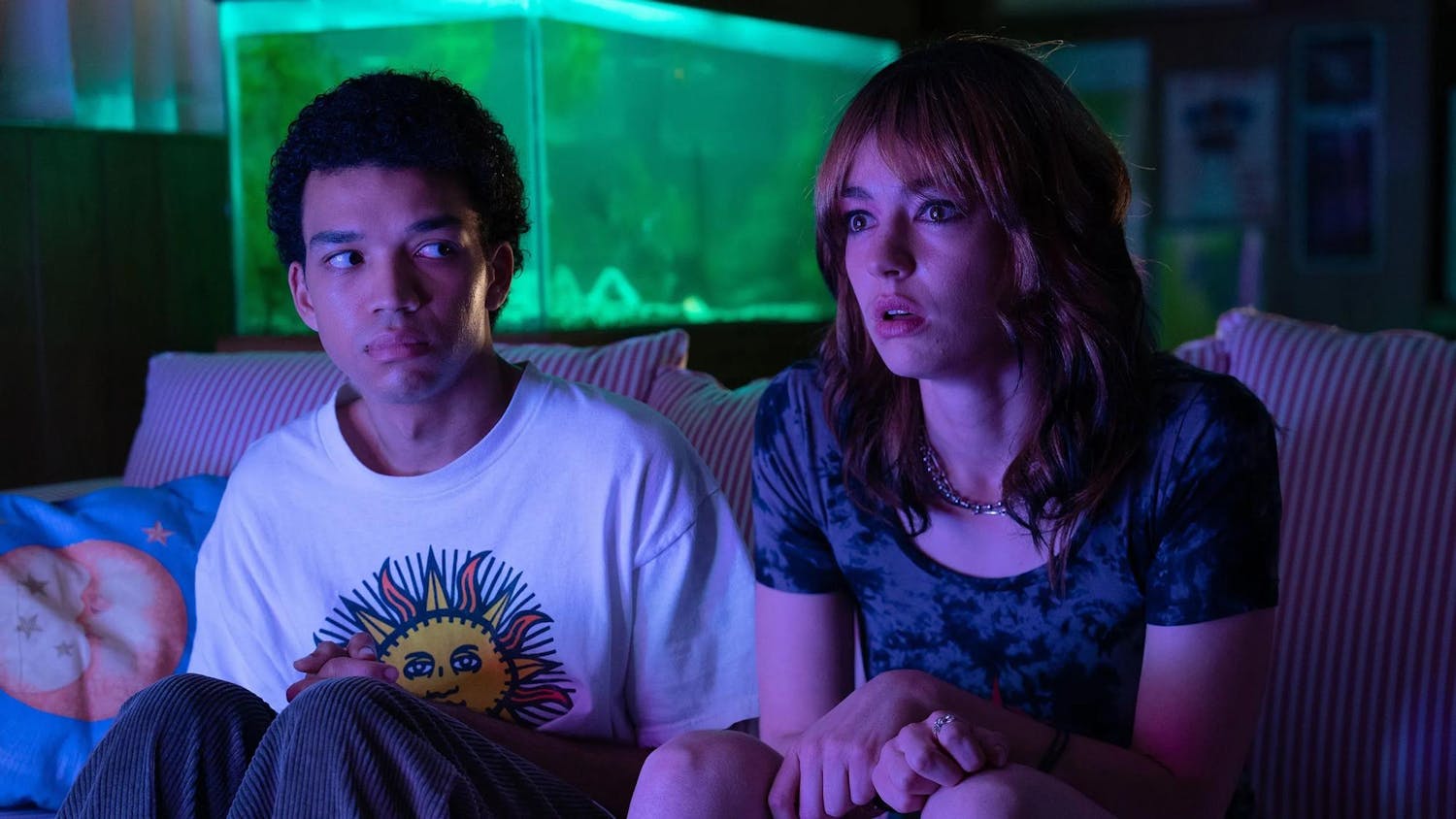The Sandra Feinstein-Gamm Theatre’s performance of Anton Chekhov’s play “Uncle Vanya” failed to do justice to the biting satirical realism for which its author is so well-known. The play will run from Jan. 18 to Feb. 18 and is directed by accomplished Chekhov translator Curt Columbus, the award-winning mind behind the local Trinity Repertory Company.
The plot of “Uncle Vanya” follows the extended visit of an elderly professor, Serebryakov, and his young, beautiful second wife, Yelena, to a country estate that his plain, unmarried daughter, Sanya, and manic ex-brother-in-law, Vanya, have grudgingly managed for most of their adult lives. Confusing, no? Reviewing the family tree before attending is strongly advised. At the very least, the director could have provided audiences with a schematic in the play’s accompanying program.
As the characters struggle to reconcile their family’s complicated past and present, unlikely alliances emerge, unrequited love runs rampant and the tedium of provincial life ultimately drives both the play’s characters and its audience members to the brink of insanity.
Though Chekhov’s original text and Columbus’ translation are rich, the directing — although well-intentioned — leaves much to be desired, with poor performances by several cast members that make the play’s characteristically tangled and confusing Chekovian plotline hard to endure.
Among the worst of the culprits was Rachel Dulude (Sonya) whose inflections in the show’s first act often seemed unnatural and over-rehearsed. Thankfully, Dulude seemed to warm up by the end of the second act, and her character’s loneliness and desperation finally began to glean sympathy from the audience. Easily the most deserving of criticism is Tony Estrella, who played the show’s dark, irreverent protagonist, Vanya. Estrella’s portrayal of depression was inaccessible, abrasive and disappointingly one-note — imagine near-constant chaos, clamor and nihilistic glee. Furthermore, his many tantrums were often punctuated by unnecessarily loud stomping that only served to rattle the set and distract from the action.
The set, designed by Michael McGarty, served as a charming backdrop for the family’s many dramas — so long as it wasn’t being violently stomped upon. Richly furnished wooden platforms raised at varied heights were used to signify the mansion’s many rooms, often allowing for multiple dialogues to take place simultaneously. The set’s only flaw was a large wheel used to simulate the sound of rainfall, which was comically disruptive when operated in clear view of the audience.
The play’s sequences were broken up by musical interludes wherein a cheery house-servant named Waffles led the cast in renditions of songs like Soft Cell’s “Tainted Love” and The Cure’s “Boys Don’t Cry.” These interludes were irritating because they seemed to be attempting to compensate for the aforementioned actors’ ineptitude. Instead of watching the characters’ internal conflicts play out on the stage, audience members were forced to hear those internal conflicts summarized by pop-rock anthems.
The performance partly redeemed itself in its second act, when unlikely friendships blossomed between Yelena and Sonya, two strong, shrewd women trapped by the patriarchy, and Vanya and Astrov, two hopeless has-beens disillusioned by their insignificance in the cosmic scheme of things. Special mention goes to Marianna Bassham (Yelena) and Steve Kidd (Astrov), who both created playful, robust characters that made their anxieties deeply felt and transparent to the audience.
In an interview featured in the playbill, Curt Columbus bemoans how most people experience Chekhov through the “Chekhov Industrial Complex” — what the director deems “sad, boring plays about siblings incapable of taking public transportation.” Though Columbus may have tried to imbue his production with levity and light, his actors’ lacking performances made many audience members wish they, too, could hop a train to Moscow; or anywhere but that theater.





